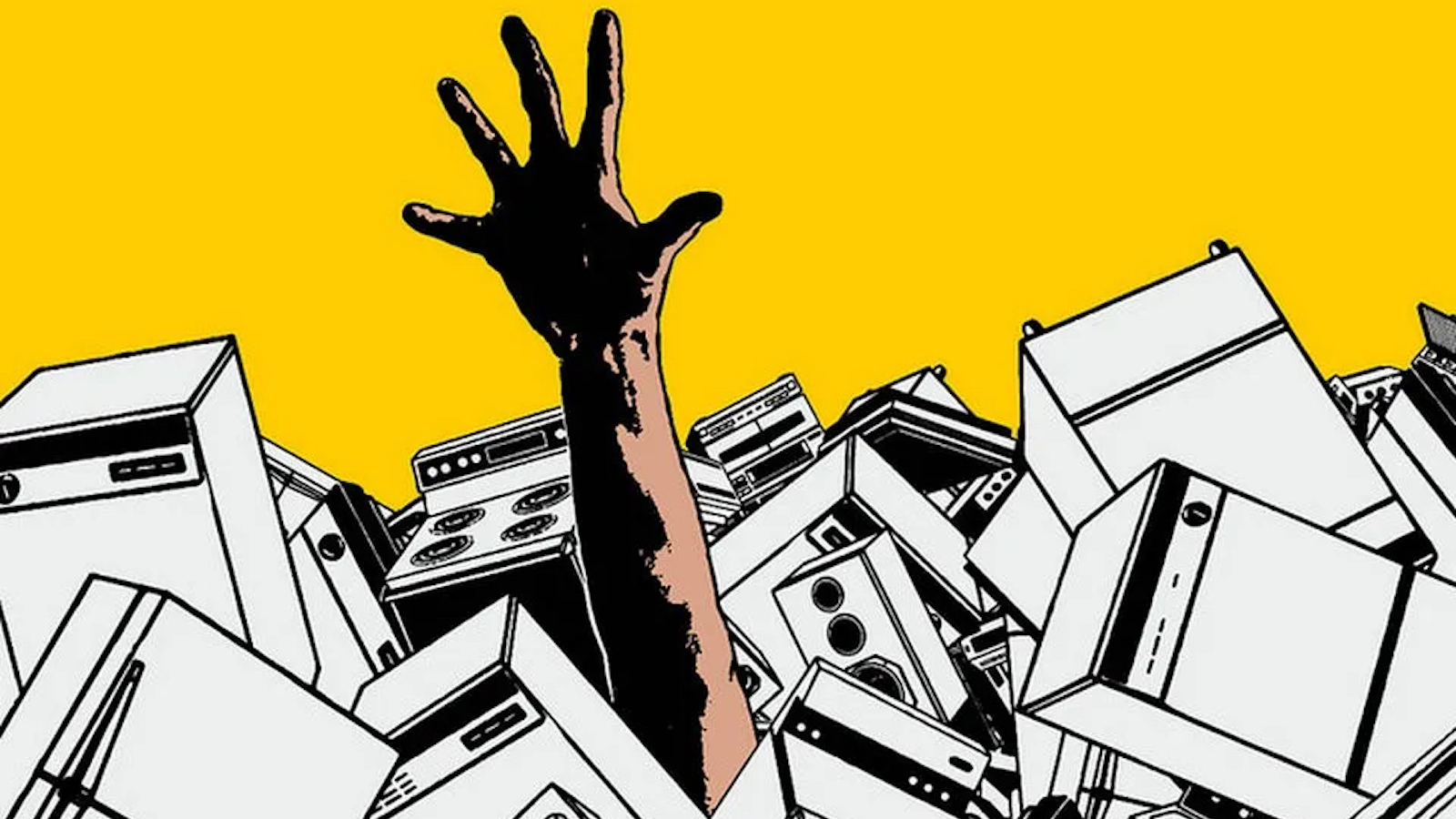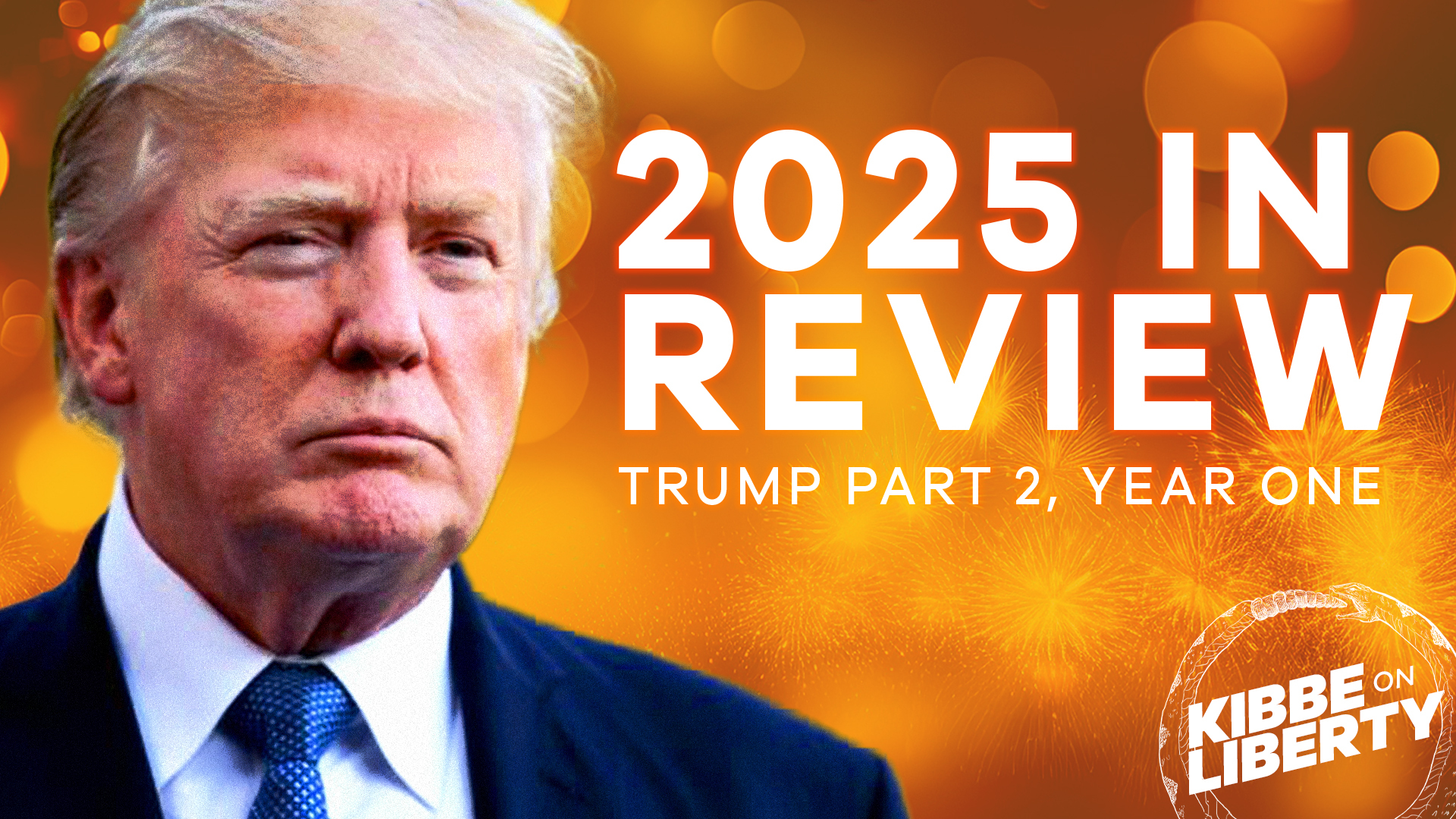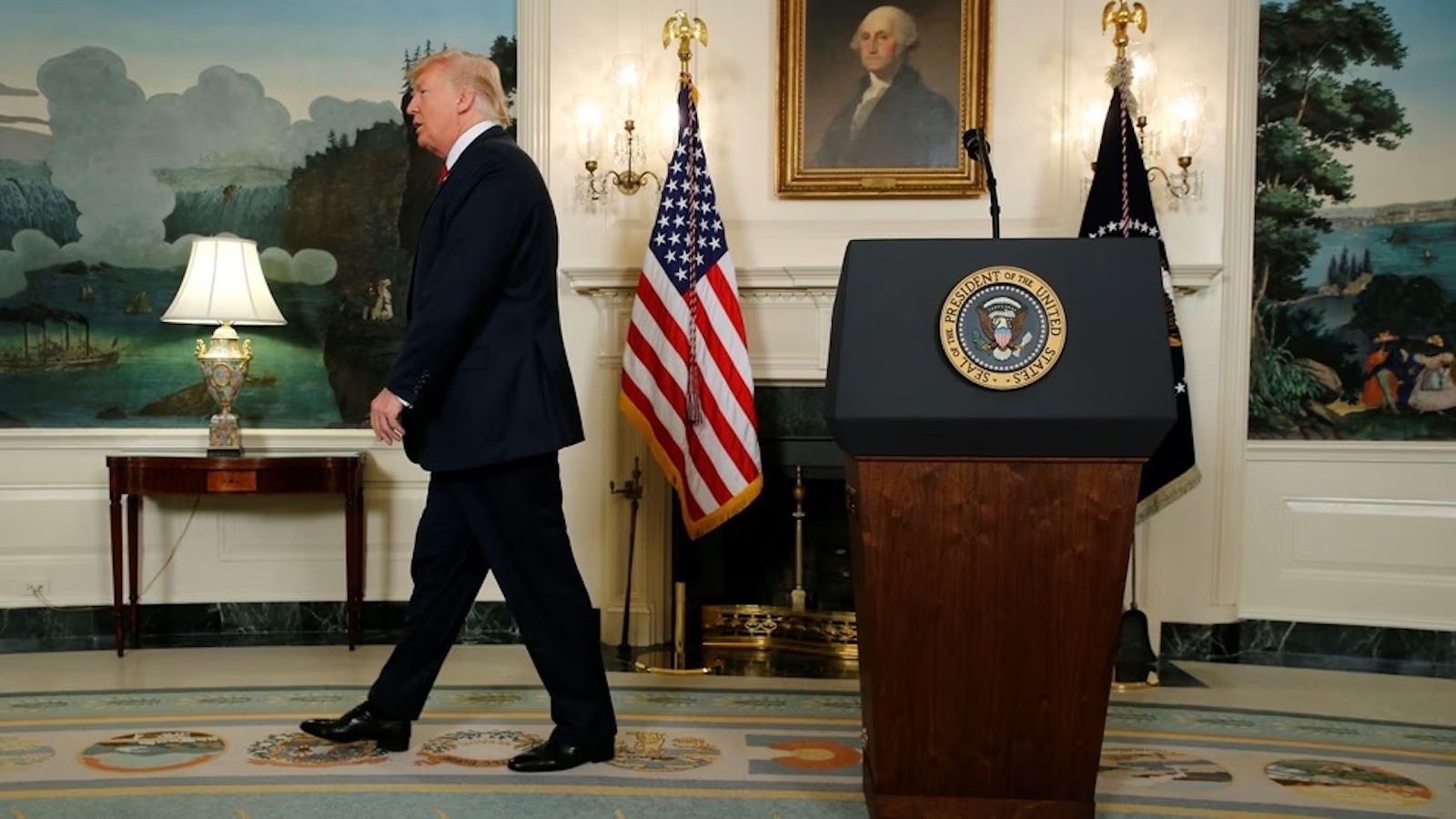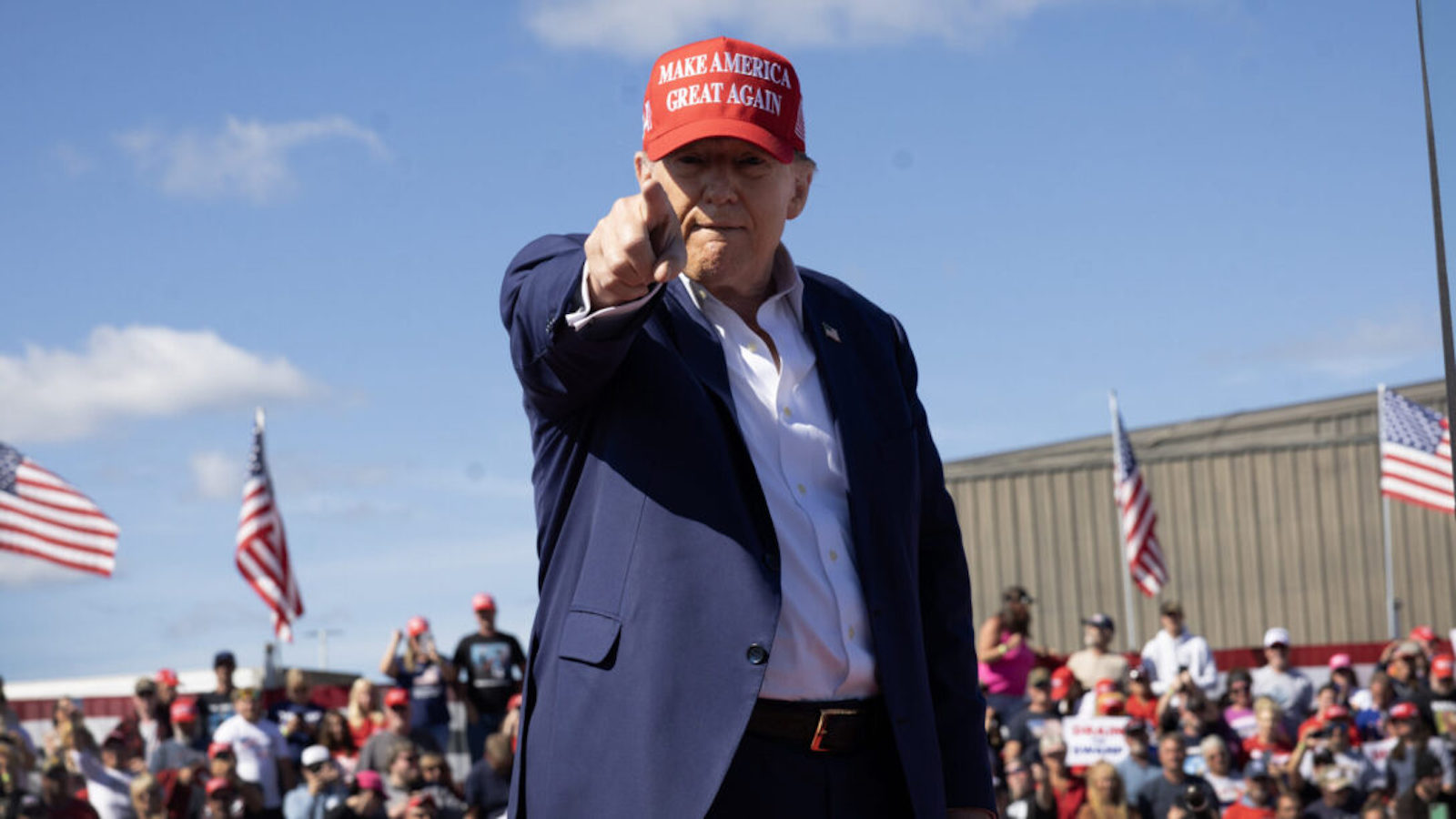
The Carville Canard
What if, incredibly and incredulously, it is not actually the economy? And what if who is “stupid,” in James Carville’s famous formulation, is really the grubby-bespectacled, The Economist-reading number-cruncher insisting that the price of ground beef determines electoral outcomes?
This isn’t a seminar-circle debate topic, offered as an intellectual exercise in psychosocial transference, for a handful of undergrads to puzzle out the cogitations of millions of unique, free-thinking voters. Rather, it’s a serious critique of the Washington hermeneutic too often invoked by babbly pundits casting about for an exit poll prognosis. “The economy,” by which we generally mean the ever-shifting dynamics of beavering to buy goods, isn’t the skeleton key that opens the door to the land of election dominance.
Commercial health continues to be the perennial battering ram of the opposition: Republicans cry about it when the blue-party control the White House; ditto on Democrats. No matter what the unemployment rate ticks in at, no matter how many investors swipe coin from the S&P 500, no matter the profit postings of blue-chip firms, no matter how many mortgages are being issued and backed by Fannie Mae (no longer a reliable metric post-2008), the nebulous construct known as the “economy” is impulsively copy-and-pasted attack line mouthed by witless challengers. Wages could clock in at “the highest level ever recorded,” but the average American swamper is doompainted as a put-upon sucker, putting in 12 hours a day for pennies, unable to afford rent, let alone a stable basket of groceries.
By this author’s estimation, the last time market conditions breached a ballot battle was twenty years ago, when George. W. Bush and the Federal Reserve tandemly juiced mortgage lending, housing enough Hispanics in swing states to wax John Kerry. Four years later, the easy-credit mirage faded, and the bottom fell out on Wall Street, crevassing a collapse that nearly segued into the Great Depression 2.0. Barack Obama won in the fallout—though electoral inertia, and the public’s tiring of the Iraq War, would have probably tacked North Carolina and Pennsylvania in his win column anyway.
A tetra-year thenceafter, Obama was victorious over a straight-laced businessman (really, a vulture capitalist who tossed out pink-slips like candy in a Halloween parade) despite a sagging job market. The economy was starting to hit full-tilt during Trump vis-à-vis Hillary, which served the latter none too well, despite being the electoral equivalent of an incumbent. After the Trump boom-and-pestis-bust, Joe Biden carved out a win.
The past four presidential elections have been determined by considerations beyond the glowing red integers on display at your local Sunoco. Foreign policy quagmires, elite aloofness, signaling social-justice awareness—the American Joe votes with more than his wallet in mind.
What happened to the high-stepping American consumer, always on the prowl for a deal, wanting nothing more than to stretch one dollar into a dollar-and-a-half, content enough affording a beef-burger diet, a fuel-guzzling auto, Chinese-sewn school clothes for his kids, and an annual knock-off to the shore? Your tympanic membrane rattles in pain just imagining a generic swing-district Republican screeching at constituents behind tears, “But what about your 401k?”
My contention is that the classic American capitalist has become so materially fulfilled, so fat and happy, so stuffed to his greasy gills with prosperity, that he longs for something more than base Maslow’s pyramid needs. The days of breadlines and starvation are gone. If you’re having a hard go of it, you’re gifted, thanks to our magnanimous and forward-looking welfare state, an electronic transfer card to keep you in foodstuffs. Even non-citizens enjoy such caloric benefits, among other goodies like subsidized housing and phone service.
I know what you’re thinking: Are you really, like really, ascribing high-sighted virtue to the usual Yankee ballot caster? Mon Dieu, I think I am! But as Edith Wharton quipped, “the only way not to think about money is to have a great deal of it.” America, with its nearly $30 trillion economy, car-crowded highways, suburbs studded with cheap-import chandlers, our guiltless “commodity fetishism,” uninhibited opioid inhalation in urban cores, and seemingly depthless credit card, is a land of milk and honey, with so much excess spilling over into the most non-pecuniary interest: bare-knuckle kulturkampf.
Psychologist Jonathan Haidt, a key formulator of moral foundations theory, observed that “[a]s people become richer and safer, their values change.” The premise is one of those intuitive inferences you lack the vocabulary to deduce without first hearing it, then wondering why you never concluded as much before: higher values aren’t pursued until lower needs are satisfied. Without having to worry about catching, killing, and grilling a wild animal for dinner, we can direct our very human feelings of desire and anxiety elsewhere.
Thomas Frank addressed this phenomenon in his 2004 bestseller, What’s the Matter with Kansas?, which pondered heavily on the question of why flyover rustics consistently vote for the party of outsourcing, cut-price labor, rigorous global competition, and government-cheese cuts. Hillary Clinton offered a left-wing variation on the theme a decade later when she challenged the pinko agitants on her side, “If we broke up the big banks tomorrow… would that end racism? Would that end sexism?” Even today, the slick-haired, pinstriped-suited ruffian ring Teamsters refused to endorse Kamala Harris because rank-and-file members overwhelmingly support Donald Trump. Yet Democrats passed and Joe Biden signed into law the American Rescue Plan, a major cash injection to offset pandemic commercial curtailment, which had the added bribe benefit of shoring up the Teamsters pension fund.
In response, one left-wing economist lamented, “[t]he Teamsters thing is another hit to ‘deliverism,’ the idea that if you deliver economic goods to people through policy, you’ll get their vote.”
Man does not vote on bread alone, especially if a loaf costs the equivalent of a 10-minute shift of minimum-wage scut work. “In a country with real conflict, no one has time for culture wars,” observed Josh Kaplan. But in a country that outsources its conflict to far-flung lands? Well, you gotta nuke somethin’, so why not some uppity libs spouting tears over being misgendered?
“An improvement in living conditions often goes hand in hand with a deterioration of reason for living,” wrote Michel Houellebecq in his latest novel. Generations of Americans are removed from the bare struggle for existence, of needing to scratch out a home in the cold, unforgiving wild. So they seek to wield politics for other, more noble ends, whether they be the absolute unquestioned need for sex changes on children or if temporary migrants should be shipped home for tossing dead cats on the Weber.
Perhaps it’s a comfort to consider that democratic deliberation can morally progress once a standard-of-living bedrock solidifies. Maybe the arc of the universe doesn’t actually bend toward gluttonous monotony! And maybe we’ll never have to hear the canned line “Are you better off than you were four years ago?” ever again.
(Columnist qualification: The above polemic whooshes out the philosophical window if any number of Fed-inflated bubbles pops, or Uncle Sam can no longer make his debt payments. Then we all devolve to homo economicus.)
Free the People publishes opinion-based articles from contributing writers. The opinions and ideas expressed do not always reflect the opinions and ideas that Free the People endorses. We believe in free speech, and in providing a platform for open dialogue. Feel free to leave a comment.



